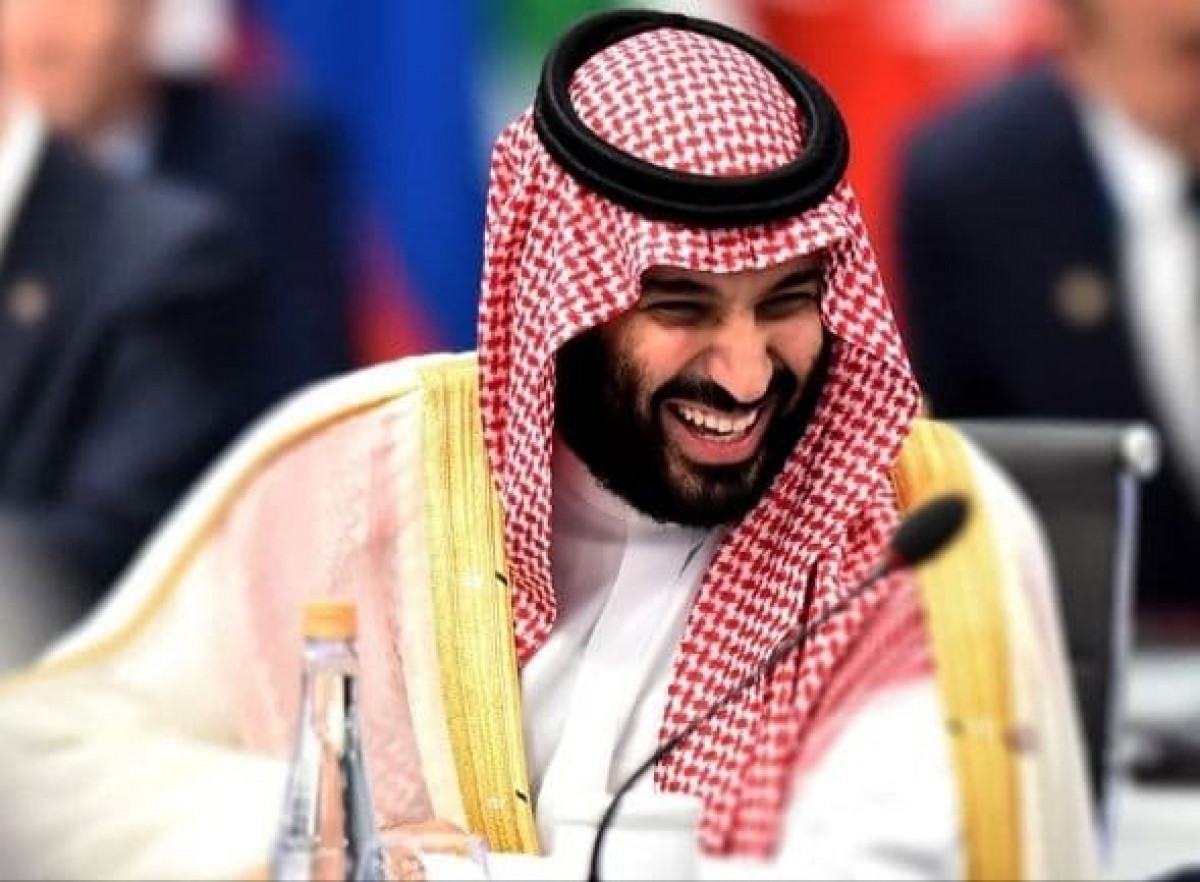 78
78
Hajj, the annual pilgrimage to Mecca, is an opportunity for all Muslims to get a better understanding of Islam’s teachings. The fundamental aspect of Hajj is to display the Islamic world’s strength and solidarity as a single nation. This sacred duty incorporates numerous religious, political, and social elements, and its underlying philosophy is that once a year, Muslims worldwide gather for mass prayer and address central Islamic principles such as solidarity, the fight against infidelity, and injustice. With the outbreak of Covid-19, Hajj was banned for Muslims worldwide, with only a limited number of Saudi nationals permitted to attend the Hajj despite a lack of public vaccination. This year, despite the availability of vaccination and the fact that pilgrims to the holy land of revelation are allowed to perform the Hajj, provided they receive the vaccines, the Saudi authorities severely restricted this religious ceremony this year too, amid Saudi nightclubs and discos remained open. Despite many complaints from Saudi residents, the Saudi authorities not only accepted the accusations levelled against them that they intentionally tried to ban Islamic customs, but rather imprisoned anyone who protested about noisy cafés and immoral gatherings. Additionally, international journalists have been prohibited from documenting this year’s Hajj rites, which generally attract extensive media attention. Throughout history, war and illness have interrupted or limited Hajj rituals, but there have been no major limitations since the 19th century, when cholera and plague hampered the Hajj ceremony. But today the case is entirely different. The Saudi authorities used the Covid-19 pandemic as a pretext to suspend the Hajj and prevent Muslims from fulfilling their religious obligations. The Al-Saud regime has treacherously reduced Hajj to an exclusively personal obligation, eliminating the enormous political capacity of Hajj.
The tragedy of Mena, in which two thousand people were killed in 2015—even some accounts claim seven thousand pilgrims—is just one illustration of the Saudi regime’s harm to Islamic civilization. Since Mohammed Bin Salman’s (commonly known by his initials, MBS) ascension to power, whose commitment to the Zionists is unparalleled in the Saudi royal family, the regime’s ineptitude and negligence in managing Hajj have grown apparent. Saudi Arabia’s activities and dangerous approaches in the Middle East region and across the globe demonstrate that Islam no longer determines Riyadh’s foreign policy. According to observers, MBS has gone to tremendous extents to de-Islamize Saudi Arabia, as well as to steer the nation down a corrupt and immoral path by openly selling alcoholic beverages, the staging of mixed entertainment programs, the invitation of American rock bands, and the imprisonment of hundreds of clerics and preachers. Unbeknownst to MBS, these so-called reforms would not only strengthen the Saudi regime but accelerate the kingdom’s downfall.
Comment
Post a comment for this article